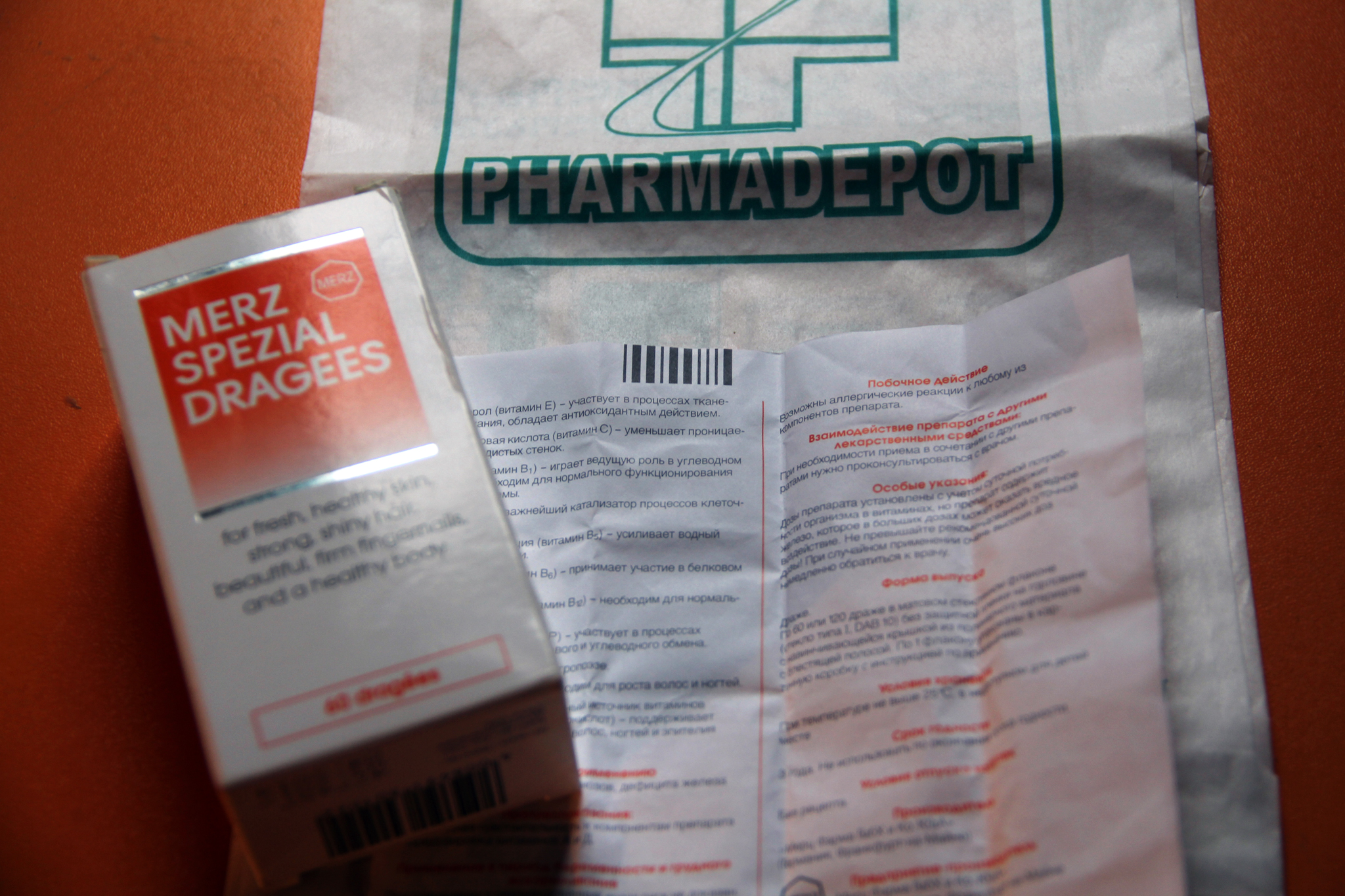Language Barriers Arise on Drug Labeling
By Ajdar Huseynov
According to the Ministry of Labour, Health and Social Issues in Georgia, if a consumer asks for information about medicine from a pharmacy, they are obliged to give it. This is regulated by ordinance #166 for authorized pharmacies. If a consumer is not given information, it is a violation.
Unfortunately, the regulation is often violated because of the lack of inspection mechanisms. Moreover, minorities living in Georgia find it hard to get complete information about medicine because they might not speak or read the official Georgian language.
What do people think about this issue?
“Unfortunately, this is my big problem” - says Guram Guramishvili, 42. He uses expensive foreign medicines but sometimes he can't read the Georgian language information on the boxes. “I know Russian language, but Russian is also difficult for me to understand. Because medicine has such specific language, I ask for information from the pharmacist”. – He mentions.
Nino Shalikashvili, 25 says she is pregnant. “My doctor tells me that I should protect myself from antibiotics and other things to which I may have an allergy. Because of it, I must read every label on medicines” – Shalikashvili points. She says that not every medicine has a label in Georgian language. “I am asking my doctor about each medicine that doesn’t have a label I can read and get advice from him. I have never asked for help a pharmacist because I don’t know whether he is a specialist or not” – She says.
According to the latest research from the European Centre for Minority Issues, 16.2% of the Georgian population is minorities and the biggest groups are Azeri and Armenians.
Samir Namazli, 24 says that he doesn’t know Georgian language and uses only medicines he gets directly from a doctor. “I can’t understand what is written on a label and it is hard for me understand another language. Because of that, sometimes pharmacists can’t help me with this situation” – he mentions.
“It would be very good for me if I could get a label in Azerbaijan language” - Says Qahraman Malikov ,68. “Unfortunately, I can’t understand pharmacists because of language. Besides the doctor, my grandchildren help me and translate for me the instructions on medicine”- he adds.
“Unfortunately, we don’t have all medicines in a database” - says Tino Chkeidze, pharmacist from GPC pharmacy. She says they try to translate from other languages to Georgian language and also print annotation which they will have in a database if a customer asks for help with the medicine that has a foreign label.
Pharmacist Maiko Cherchenadze from Pharmadepot pharmacy said that the most foreign medicines have no instructions in Georgian language. She says her staff can sometimes translate the foreign language label but they have not all instructiona for all medicines in their database.
According to health expert Tina Turdzeladze, labels for medicines should be written in a simple, understandable language and be available in Georgian. After major changes taken in 2007-2009, under the project Main Directions in Health, the Georgian government introduced “parallel importing” which allows distributors to import medicines using the internal markets of countries such as Japan, USA, Canada and Germany. These medicines have instructions in the language of the country from where they are imported.
Current regulation requires every pharmacy to provide information in Georgian language. Violation of this regulation is a 500 GEL fine for the first time; a second violation costs $1,000.
Turdzeladze thinks that the best solution is to create an online database where information for all medicines will be available in Georgian, Azeri, Armenian and other ethnic minority languages. Another important issue is regional pharmacies and how interested parties get access to this database.
According to the Ministry of Labor, Health and Social Affairs, in the near future there is no plan to print instructions for medicine in other languages. Georgian government policy concentrates on teaching the Georgian language to its ethnic minorities.


